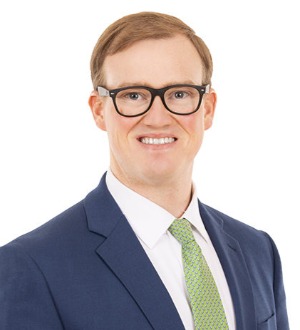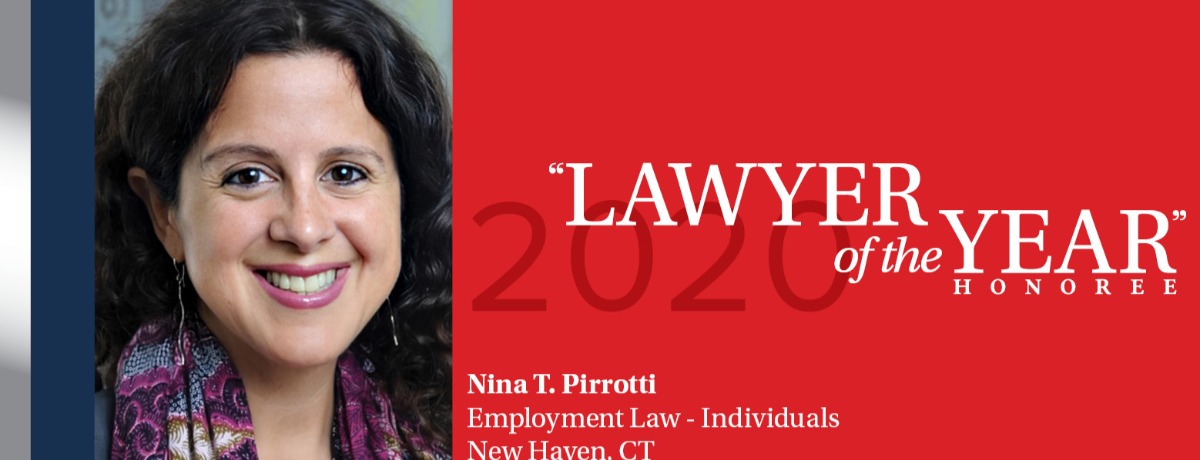You are an employer, hiring to fill a position that requires an employee be on-call seven days per week. An otherwise suitable applicant informs you during the hiring process that he or she will not be available on Saturdays. You do not hire the applicant for this position. Did your company just commit religious discrimination? The EEOC might think so.
We know that Title VII protects employees from religious discrimination. However, applicants are also provided certain protections in the hiring process (with exceptions, of course). 29 CFR § 1605.3. It does not matter that the availability policy is facially neutral (applied similarly to applicants of all religious backgrounds).
Concerning pre-employment inquiries, the EEOC actually prohibits inquiries of availability unless the employer can prove that: (1) asking such questions does not have an exclusionary effect on applicants who need religious accommodation; or (2) the use of such inquiries is justified by business necessity. 29 CFR 1605.3(b)(2). This means that, depending on the nature of the employer’s business, there may be a satisfactory reason for the availability inquiries, even if it discriminates against particular faiths.
So if you need your employees to be available seven days per week, how do you ask questions without exclusionary effect on applicants needing religious accommodation? The EEOC provides a suggested practice: First, the employer states the normal work hours for the job during the hiring process, without inquiring whether the applicant has a religious based reason they can’t meet the stated hours. Next, after a conditional offer is made, the employer asks about the potential hire’s need for religious accommodation. Then, the employer will determine if an accommodation is possible without undue hardship. While this is the EEOC’s suggested practice, it is important to consult with an attorney and tailor the procedure to your business needs. The EEOC’s suggested practice makes it easy for an employee to show that the non-selection was specifically due to the need for religious accommodation, rather than some benign factor.
An employer can still refuse to accommodate an applicant’s religious needs if doing so creates an “undue hardship.” Undue hardship exists if the accommodation would impose “more than de minimis cost” on the operation of the employer’s business. This standard is significantly lower than the ADA’s “significant difficulty or expense” standard. Trans World Airlines, Inc. v. Hardison, 432 U.S. 63, 84 (1977). For example, accommodation may be possible for a bus line, while not for certain hospital employees. Accommodations are extremely fact based, so it is important to sit down with your attorney and discuss different options.
Jefferson Whisenant is a member of Young Moore’s employment and workers’ compensation team where he represents employers and insurers throughout all stages of litigation. This includes mediations, litigation at the North Carolina Industrial Commission, and briefs before the North Carolina Court of Appeals. He also advises employers on internal matters like employee handbooks as well as OSHA and NLRB regulations and guidance.































